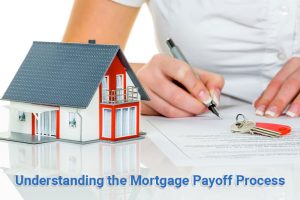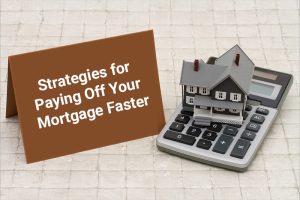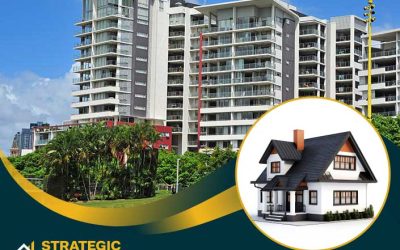
Imagine the excitement of making your final mortgage payment and stepping into a world of financial freedom.
No more monthly payments, no more interest—just the satisfaction of owning your home outright. In this blog post, we will guide you through the process of paying off your mortgage in Australia faster, the benefits of doing so, and the potential drawbacks to consider.
We’ll also discuss what happens when you pay off your mortgage Australia, strategies for managing your finances post-mortgage, and preparing for life after your mortgage has been paid off.
By following the steps outlined in this guide, you’ll be well on your way to enjoying the financial independence that comes with being mortgage-free.
So let’s dive into the world of mortgage payoff and start building a future where your hard-earned money works for you, not the bank.
Short Summary
- Understand the mortgage payoff process to reduce interest and shorten loan terms.
- Obtain a payout figure from your lender or financial institution, then complete the necessary paperwork and transactions to pay off the principal.
- Consider potential drawbacks of paying off early such as missed investment opportunities, set realistic savings goals & seek professional advice for best results.
Understanding the Mortgage Payoff Process

To accelerate your mortgage payoff, you’ll want to focus on reducing the principal balance of your loan. This means making extra repayments, which can be particularly beneficial when interest rates rise. By paying more towards your principal, you’ll reduce the amount of interest you’re charged, ultimately saving money and shortening your loan term. It’s important to pay interest on time to avoid penalties and maintain a good credit score.
Obtaining a Payout Figure
Before diving headfirst into paying off your mortgage, it’s essential to obtain a payout figure from your lender. A payout figure is the sum of money required to settle your mortgage in a lump sum repayment. Obtaining this figure helps you determine the exact amount needed to pay off your mortgage, especially when interest rates rise.
To obtain a payout figure in Australia, you can contact your lender or financial institution and request a payout figure based on your monthly mortgage payment, which is a type of monthly payment.
Finalizing the Transaction
Once you have your payout figure, it’s time to finalize the transaction. This involves completing all necessary paperwork and transactions, including any transaction account linked to your mortgage.
To discharge your home loan, you’ll need to eliminate the lender from your title and pay off the principal loan amount. It’s recommended to consult a financial adviser for guidance on the process, as improperly discharging your home loan may impede your ability to sell your property in the future.
What Happens After Paying Off Your Mortgage

However, life after a mortgage involves new financial responsibilities. You’ll need to shift your focus to other financial aspects, such as insurance, taxes, and property maintenance. Let’s delve deeper into property ownership and financial responsibilities in the next two subsections.
Property Ownership
Gaining full ownership of your property means updating the title to remove the lender’s interest. Property ownership in Australia denotes the lawful right and control that persons or entities possess over real estate, and the majority of Australians aspire to own their own homes.
To attain full ownership, you’ll need to pay off your mortgage and submit a form to the pertinent state or territory land registry to update the title of the property, removing the lender’s interest.
Financial Responsibilities
With your mortgage paid off, it’s time to shift your focus to other financial responsibilities. As a property owner, you’ll need to ensure your property is maintained in an appropriate state, carry out necessary repairs and improvements, and allocate funds for regular maintenance expenses.
Additionally, it’s essential to stay current on property taxes and insurance, as well as any other financial commitments you may have.
Benefits of Paying Off Your Mortgage Early

Another significant benefit of early mortgage payoff is the considerable reduction in interest payments. By reducing the principal balance of your loan through extra repayments, you’ll save potentially tens of thousands of dollars in interest over the life of your loan. These savings can be used to achieve other financial goals, such as investing or saving for retirement.
Strategies for Paying Off Your Mortgage Faster

Each of these strategies has its own set of benefits and drawbacks, so it’s essential to assess your unique financial situation and determine which approach best aligns with your goals. In the following subsections, we’ll delve deeper into each of these strategies and how they can help you pay off your mortgage faster.
Making Extra Repayments
One of the most effective ways to pay off your mortgage faster is by making extra repayments, either on a regular basis or as a lump sum. These additional payments go directly towards reducing the principal balance of your loan, ultimately shortening your loan term and saving you money on interest payments. An extra $25 every week or simply $3.50 a day can make a huge difference in your mortgage payments. This could enable you to become mortgage-free two years three months ahead of schedule on a 30-year $500,000 home loan.
Before making extra repayments, it’s important to consider any restrictions or fees associated with your specific loan type, especially if you have a fixed-rate home loan. Keep in mind that making additional payments can also impact your liquidity, so it’s crucial to strike a balance between paying off your mortgage faster and maintaining a comfortable cash reserve for emergencies or other financial needs.
Using an Offset Account
An offset account is a savings or transaction account linked to your mortgage, designed to reduce the amount owed on your loan and facilitate faster repayment. By depositing funds into an offset account, you can lower the balance of your loan for which interest must be paid, thereby expediting your mortgage repayment.
Utilizing an offset account can be an effective strategy for reducing interest payments and paying off your mortgage faster, as long as you’re disciplined in maintaining a healthy account balance.
Refinancing
Refinancing your mortgage involves exchanging your existing home loan for a new one with another lender, often to secure a lower interest rate or better loan terms. By refinancing to a lower interest rate, you can save thousands of dollars in interest over the life of your loan, ultimately helping you pay off your mortgage faster.
However, it’s essential to carefully consider the costs and potential savings associated with refinancing, as well as any fees or penalties you may incur from your current lender.
Potential Drawbacks of Paying Off Your Mortgage Early

It’s essential to weigh the pros and cons of early mortgage payoff and carefully consider your unique financial situation before embarking on this journey. For some, the peace of mind and financial freedom that comes with being mortgage-free may outweigh any potential drawbacks, while others may prioritize investment opportunities or maintaining a larger cash reserve.
Managing Your Finances Post-Mortgage

Beyond budgeting, it’s important to explore various saving and investment options, such as establishing an emergency fund, investing in stocks and bonds, or contributing to a retirement fund. By taking control of your finances post-mortgage, you can continue on the path towards financial freedom and security.
Preparing for Life After Mortgage

By planning for life after your mortgage, you can ensure a smoother transition into this new chapter of financial freedom. With fewer financial obligations, you’ll have more opportunities to pursue your passions and live life on your terms.
Celebrating Your Mortgage-Free Milestone

Once you’ve celebrated your mortgage-free status, it’s time to enjoy the financial freedom it brings. With no monthly mortgage payments, you can allocate more funds towards savings, investments, or spending on the things that truly matter to you. The future is bright, and the possibilities are endless.
Seeking Professional Advice

Whether you’re considering refinancing, making additional repayments, or investing your newfound financial freedom, consulting with a financial professional can ensure you’re making the best decisions for your future. Remember, knowledge is power, and seeking professional advice can empower you to take control of your finances and achieve your financial goals.
Summary
In conclusion, paying off your mortgage early can provide you with financial freedom, stability, and peace of mind. By understanding the mortgage payoff process, exploring strategies to expedite repayment, and considering potential drawbacks, you can make informed decisions about your financial future. As you navigate life after your mortgage, remember to manage your finances effectively, set new financial goals, and celebrate your mortgage-free milestone.
The journey to becoming mortgage-free may be challenging, but it’s well worth the effort. With determination, discipline, and the right strategies in place, you can achieve this significant accomplishment and unlock a world of financial opportunities. So, take the first step towards a mortgage-free life and start building a brighter financial future today.
Frequently Asked Questions

Do I have to do anything when I pay off my mortgage?
Once your home loan is paid off in full, you will need to formally discharge your mortgage. This involves notifying your lender and proceeding with the steps for removing your lender from your Certificate of Title.
The process of discharging your mortgage is relatively straightforward. You will need to provide your lender with a copy of your Certificate of Title and a completed Discharge of Mortgage form.
What documents do I get after paying off mortgage Australia?
Congratulations on paying off your mortgage in Australia! Your lender will send you the letter of satisfaction, along with a note confirming that your debt has been fully paid off.
This is a great accomplishment and a major milestone in your financial journey. You can now enjoy the peace of mind that comes with being healthy.
What are the benefits of paying off mortgage Australia?
Paying off your mortgage in Australia brings financial freedom, as you no longer have to pay monthly repayments or incur interest charges.
This allows you to save and invest your money elsewhere.
Is it a good idea to pay off mortgage early?
Paying off your mortgage early can be beneficial if you have a large amount of savings, as it reduces the amount of interest you pay over the loan’s life.
However, whether this is the right decision for you ultimately depends on your personal financial situation and should be discussed with a financial advisor.
What is the most effective way to pay off my mortgage faster?
The most effective way to pay off your mortgage faster is to make additional payments, utilize an offset account, and consider refinancing.













